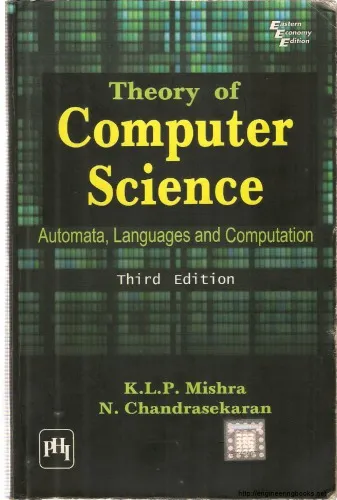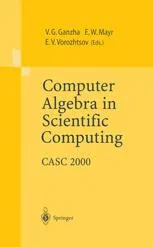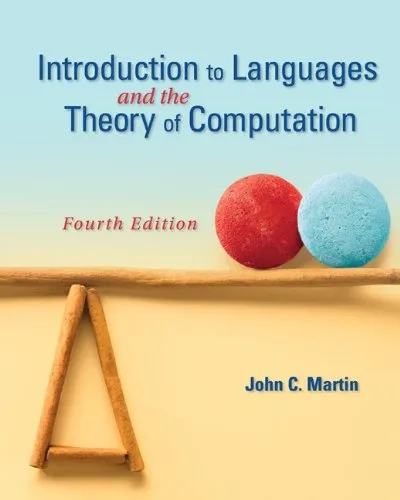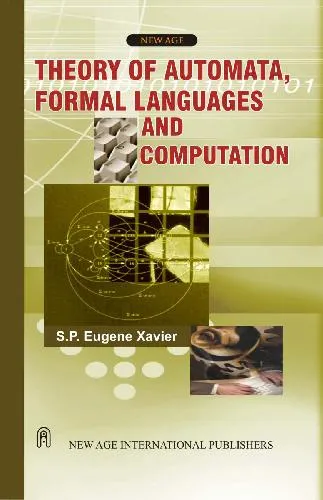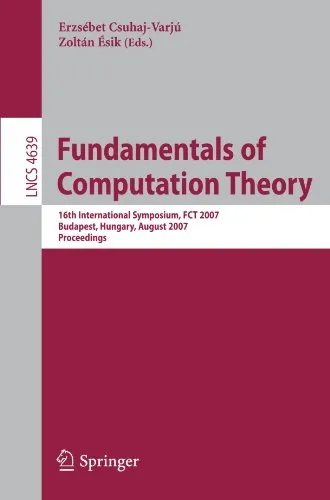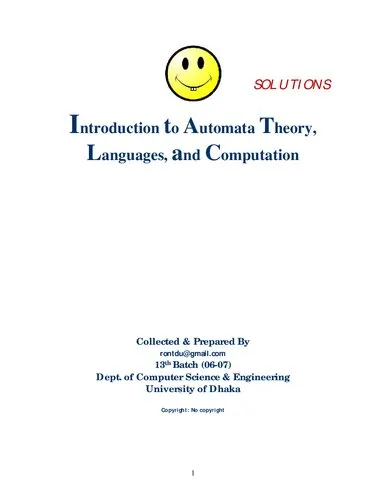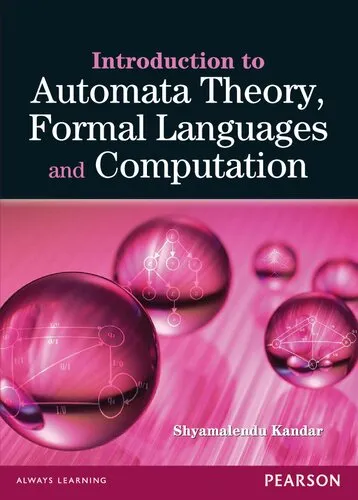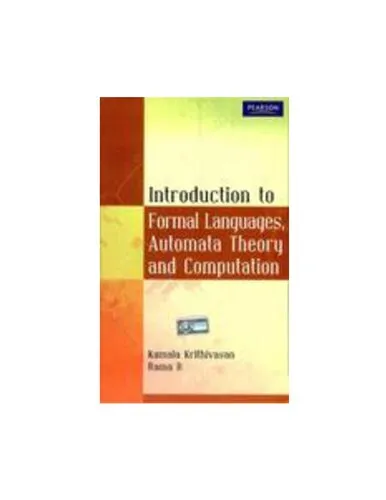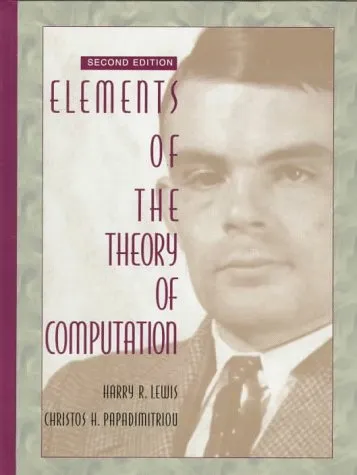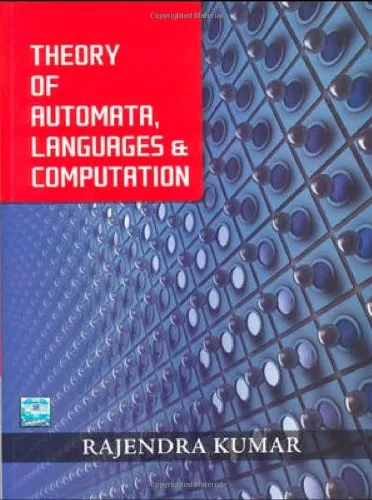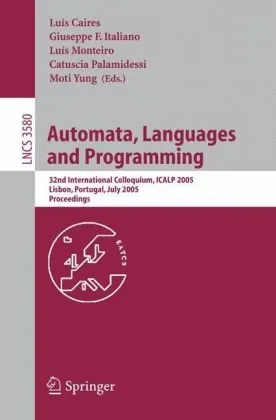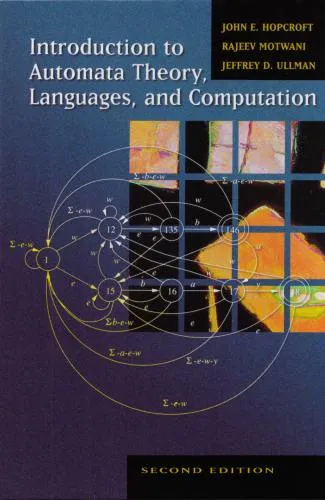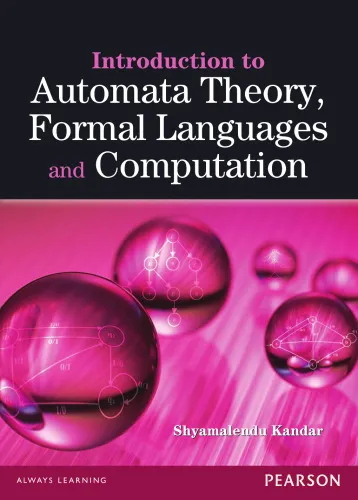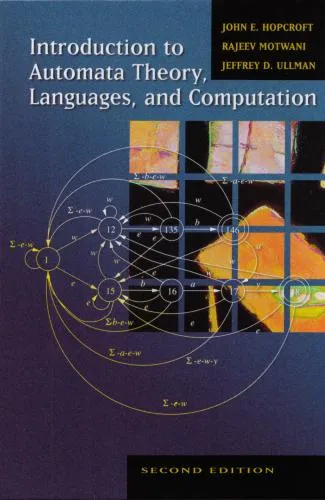Theory of Computer Science: Automata, Languages and Computation
4.5
Reviews from our users

You Can Ask your questions from this book's AI after Login
Each download or ask from book AI costs 2 points. To earn more free points, please visit the Points Guide Page and complete some valuable actions.Related Refrences:
Introduction to 'Theory of Computer Science: Automata, Languages and Computation'
Welcome to an exploration of computational theory through the 'Theory of Computer Science: Automata, Languages and Computation'. This book is an essential resource for anyone delving into the rich field of theoretical computer science.
Detailed Summary of the Book
'Theory of Computer Science: Automata, Languages and Computation' is meticulously structured to guide readers through the fundamental and advanced concepts of theoretical computer science. With a clear focus on automata, formal languages, and computational models, the book serves both as an introductory text for students and as a solid reference for professionals and researchers.
The book begins with a thorough understanding of automata theory, which forms the foundational block for understanding other concepts. It systematically presents finite automata, regular languages, and their properties, alongside practical applications in computing.
As readers progress, the book delves deeper into context-free languages and pushdown automata, bridging theory with syntax design of programming languages. The discussion on Turing machines establishes a comprehensive foundation for understanding what can be computed in principle.
Further exploration into decidability and complexity theory enlightens readers about the profound limits of computation. The book also touches on contemporary topics like the Chomsky hierarchy and explores the nuances of computational efficiency and complexity classes.
A distinctive feature of this book is its balanced approach, combining theoretical depth with practical insights. Numerous problems, examples, and exercises enhance the learning experience, making complex ideas more accessible.
Key Takeaways
- Comprehensive coverage of fundamental concepts in automata, languages, and computational theory.
- Insight into the capabilities and limitations of different computational models.
- Detailed exploration of both classical theories and modern computational complexities.
- Numerous examples and exercises that bolster understanding and application of theoretical concepts.
Famous Quotes from the Book
"The beauty of theoretical computer science lies in its ability to illuminate the seemingly abstract nature of computation in a tangible manner."
"Understanding automata is akin to learning the alphabets of the language of computation."
Why This Book Matters
In an era where computation underpins almost every facet of innovation, understanding theoretical computer science is invaluable. This book matters because it not only equips readers with the knowledge of foundational computational theories but also inspires critical thinking about the future developments in technology.
The diligent structuring of complexities makes this book a benchmark in educational literature for computer science. It bridges the gap between theoretical exploration and practical application, making it a go-to resource for students, educators, and professionals alike.
Furthermore, as computational challenges grow in complexity and scope, the insights drawn from this book continue to be relevant, highlighting ongoing advancements and the evolving nature of computer science.
Free Direct Download
You Can Download this book after Login
Accessing books through legal platforms and public libraries not only supports the rights of authors and publishers but also contributes to the sustainability of reading culture. Before downloading, please take a moment to consider these options.
Find this book on other platforms:
WorldCat helps you find books in libraries worldwide.
See ratings, reviews, and discussions on Goodreads.
Find and buy rare or used books on AbeBooks.
1506
بازدید4.5
امتیاز0
نظر98%
رضایتReviews:
4.5
Based on 0 users review
Questions & Answers
Ask questions about this book or help others by answering
No questions yet. Be the first to ask!
